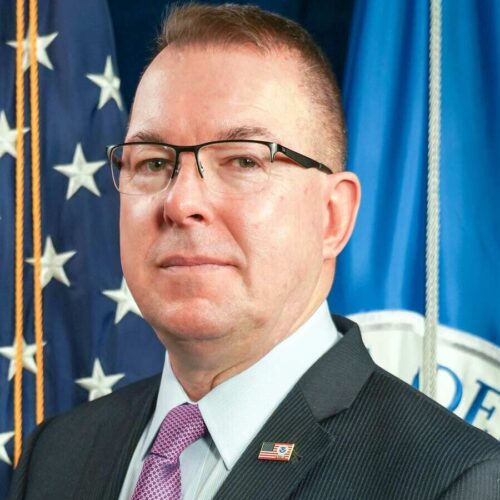
Former acting Secretary of the US Department of Homeland Security Pete Gaynor is the latest official to speak out in favor of the AM For Every Vehicle Act, referencing growing nuclear danger overseas as well as recent domestic technological troubles.
The past administrator of the Federal Emergency Management Agency published an op-ed in The Hill discussing how the nationwide cellular blackout on February 22 underscored the vital importance of retaining AM as the cornerstone of the United States’ emergency infrastructure.
This incident, which left millions of Americans without cell service, led to first responders voicing concerns about the potential dangers posed by the lack of cell reception, particularly the inability of the public to reach emergency services. Gaynor says the vulnerability of cell towers and internet signals, especially during disasters, to both natural and man-made threats, including potential foreign cyber-attacks, was starkly illuminated.
Despite opposition from the auto industry, Gaynor said the pressing need to maintain a reliable emergency communication system is evident, especially in light of the potential threats to US communications infrastructure, such as cyberattacks and the reported development of space-based nuclear weapons by the Russian government and military.
Gaynor wrote, “Some automakers have begun to compromise America’s public warning systems by removing AM radios from their car dashes. This is problematic because AM radio is the foundation of both the NPWS and EAS. While other communications platforms like cell and Internet are important to public safety, they have neither the reach nor the resiliency of AM.”
America’s Emergency Alert System is heavily reliant on Primary Entry Points, the majority of which are on AM, with direct connections to FEMA and the National Weather Service. The bipartisan AM For Every Vehicle Act would require all auto manufacturers to keep AM radio access in all vehicles made or sold in the US.
Gaynor’s old boss, former President Donald Trump, also used his platform to promote the band in an address to the National Religious Broadcasters Conference in Nashville last week, saying, “I will protect the content that is pro-God. We’re going to protect pro-God context and content. To that end, at the request of the NRB, I will do my part to protect AM radio in our cars. We like to listen to AM radio.”
The AM For Every Vehicle Act is nearly at the number of sponsors required in each house of Congress to pass with a simple majority. The act is currently awaiting a vote on the Senate floor.







Now if only the broadcasters would do three things:
1. Put programming on AM that people actually want to listen to, instead of serving up a steady diet of political rants, satellite talk shows, infomercials, and hellfire and brimstone preachers. There are music genres that appeal to older listeners and cannot be found anywhere on FM. And some AMs do carry talk programming that covers local issues, but most broadcast unappealing garbage. Any reason why the detractors like to say that nobody listens to AM anymore?
2. Maintain their AM plants.
3. Promote their AM outlets. KYW in Philly is a successful all-news station and has been so since 1965. But, since they added a suburban Class A FM to simulcast that programming, they don’t even mention the AM frequency at all. That 50 kW AM signal is still nice and strong in areas where the FM signal is history
Now if only the broadcasters would do two things:
1. Put programming on AM that people actually want to listen to, instead of serving up a steady diet of political rants, satellite talk shows, infomercials, and hellfire and brimstone preachers. There are music genres that appeal to older listeners and cannot be found anywhere on FM. And some AMs do carry talk programming that covers local issues, but most broadcast unappealing garbage. Any reason why the detractors like to say that nobody listens to AM anymore?
2. Maintain their AM plants.
3. Promote their AM outlets. KYW in Philly is a successful all-news station and has been so since 1965. But, since they added a suburban Class A FM to simulcast that programming, they don’t even mention the AM frequency at all. That 50 kW AM signal is still nice and strong in areas where the FM signal is history.